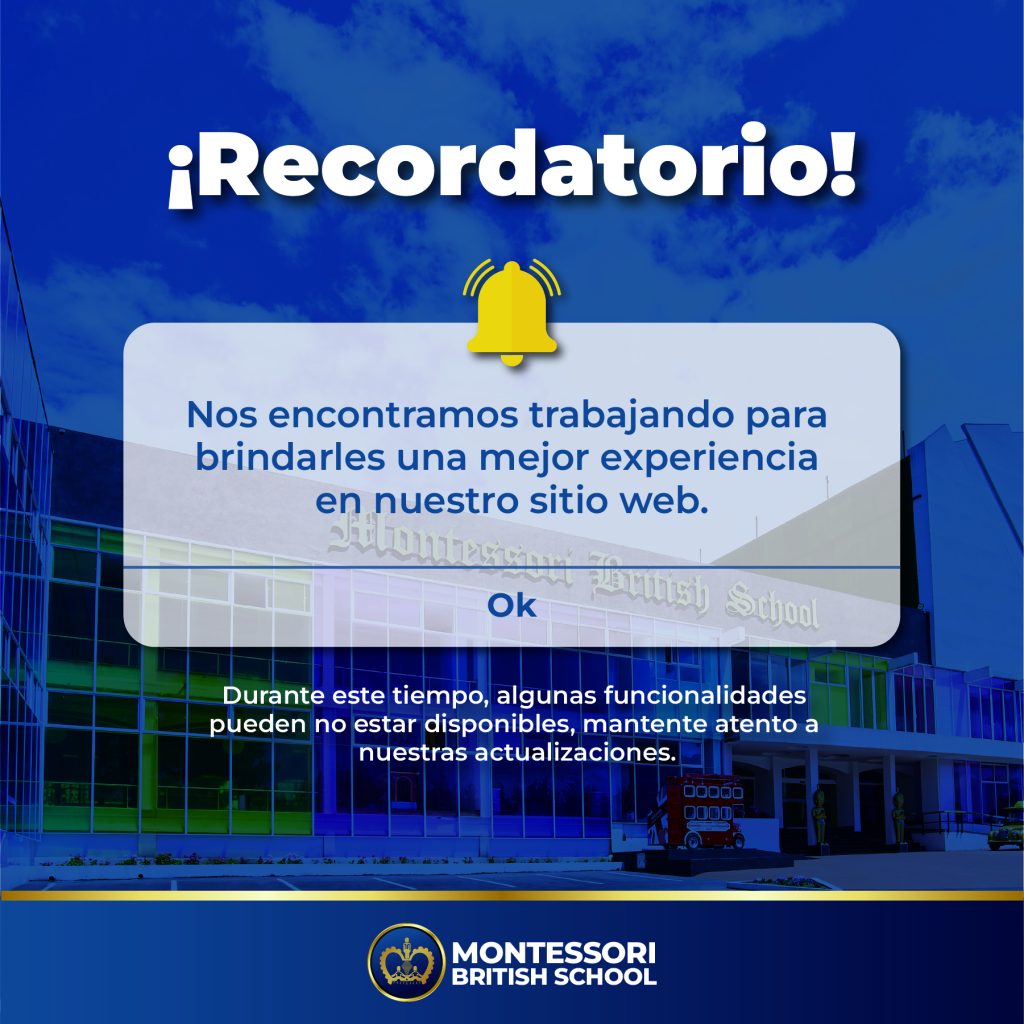
We spoke to Claudia Díaz, the Montessori British School principal, who is determined to ensure her students’ health by means of education, and we are sure that this innovative method will serve as inspiration for many schools around the world.
Why does this topic interest you this much?
Health is something we all want for those around us, but especially for our children, who are growing and developing. That of growth is a crucial moment, because the decisions made now are going to define aspects of the future; however, sometimes it seems that many are detached from this reality.
Do you think the situation is more difficult now?
Yes, and that is what brings me to these reflections. Way back when, cancer cases used to be one-offs, but, nowadays, we all know somebody who suffers from it. Cases of diabetes and heart conditions are too becoming more common. And the problem is that we have been sold the idea of the responsibility of genetic traits, and therefore there is supposedly nothing that could be done. And this is not true. All these diseases can be prevented, even in the case of pre-existing factors. For instance, a strong immune system is capable of delaying the disease process for up to 150 years; that is, the possibility of suffering from a disease such as cancer or diabetes is postponed to such an extent that it ceases to be important.
How did you decide that this topic involved the school also?
My students are like my children, and I will do everything within my reach to teach them how to live better, happier, longer, and without any ailments.
What could be done to achieve this ideal?
I am currently focusing on a sustainable meal program, and, although it may sound cliché, the truth is that we are what we eat; and nowadays what we eat is not often very healthy. Food is usually industrial and highly processed—and, in turn, cheaper, attractive, and far less perishable—, and thus it is not at all beneficial for our health. Be that as it may, and despite the evident consequences of its consumption, its distribution is still out of control. However, processed foods are not the only harmful products out there. If we haven’t been able to phase cigarettes out, what else could we expect?
How will you implement change?
With the sole and most potent tool I know of: education. We transmit this newly found awareness of what we consume to our students through workshops, conferences, events, and our blog. They learn to read labels and to understand the processes behind these foods; they attend holistic and healthy cuisine courses; they participate in excursions… We too have established the environmental committee with our own students. What happens is that when they learn about the benefits of good sleep, healthy studying and food, and physical activity for their bodies, they themselves identify, in turn, dangerous behaviors and, in this case, refrain from detrimental products. Parents are, of course, a fundamental part of this process; and since we all share the same concerns about our boys, girls, and young men and women, for them we too offer workshops and significant knowledge.
Where can parents find more information?
www.mbs.edu.co



